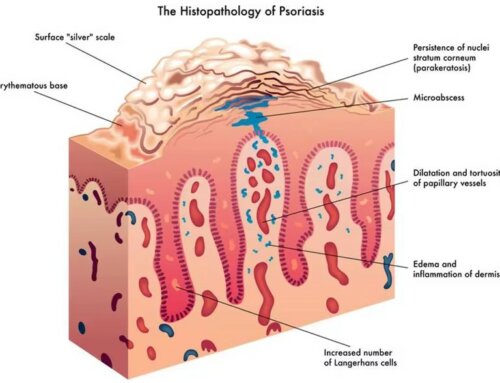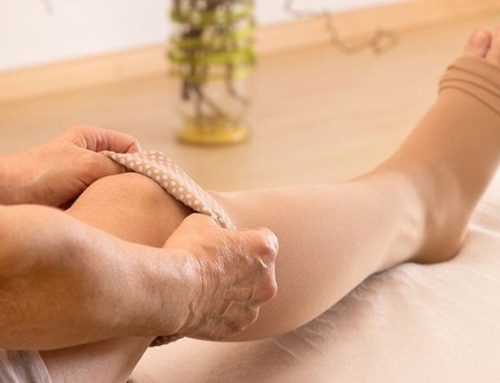Diabetic neuropathy refers to the nerve damage caused by diabetes. While there are many contributing risk factors for neuropathy, such as inherited traits and injuries, high blood glucose levels are likely a main cause of this condition. Diabetic neuropathy may cause muscle aches and pains – it is still being studied, but it is believed to be affected by low levels of insulin, unusual blood fat levels, and the long-term nature of diabetes. There are four main classifications of diabetic neuropathy, and each one affects different parts of the body.
Peripheral neuropathy
This affects the legs, feet, and toes, and to a lesser extent, the arms and hands. Peripheral neuropathy causes pain or loss of feeling in the affected areas. Some diabetics experience burning or prickling sensations, become very sensitive to touch, or lose balance or coordination. Foot injuries must be given particular attention for diabetics with peripheral neuropathy.
Autonomic neuropathy
This has many varied effects, especially on the heart and blood vessels, the digestive system, the urinary tract, sex organs, sweat glands, and the eyes. Autonomic neuropathy can affect blood pressure, sexual activity, and normal functioning of the bowel and bladder. This condition may also cause diabetics to be unable to recognize the symptoms of low blood sugar. Autonomic neuropathy may cause weight loss, a sustained high heart rate, and reduced night vision.
Proximal neuropathy
This affects the thighs, hips, and buttocks. Diabetics may experience pain and a weakening of the legs. Proximal neuropathy is more common in Type 2 diabetics and in older diabetics.
Focal neuropathy
This generally affects the eyes, face, ears, pelvis, lower back, thighs, and abdomen, though any nerve in the body may experience focal neuropathy. This condition causes weakness or pain in muscles due to the weakening of the affected nerve(s). It is most common in older diabetics, but does not cause long-term damage and is self-healing over time.
To prevent diabetic neuropathy, your best course of action is to keep your blood sugar levels under control to prevent nerve damage. In addition, diabetic neuropathy may be treated with many methods:
- Proper foot care, including daily inspection for injuries.
- Pain relievers, hypnosis, acupuncture, and other pain-relieving methods.
- Medication for digestive problems.
- Eating small, frequent meals that are lower in fat and fiber, or other diet modifications as specified by your doctor.
- Wearing elastic stockings to improve circulation.
- Antibiotics to clear up infections and to help regulate digestive problems.
- Medications to increase sexual function.






Leave A Comment